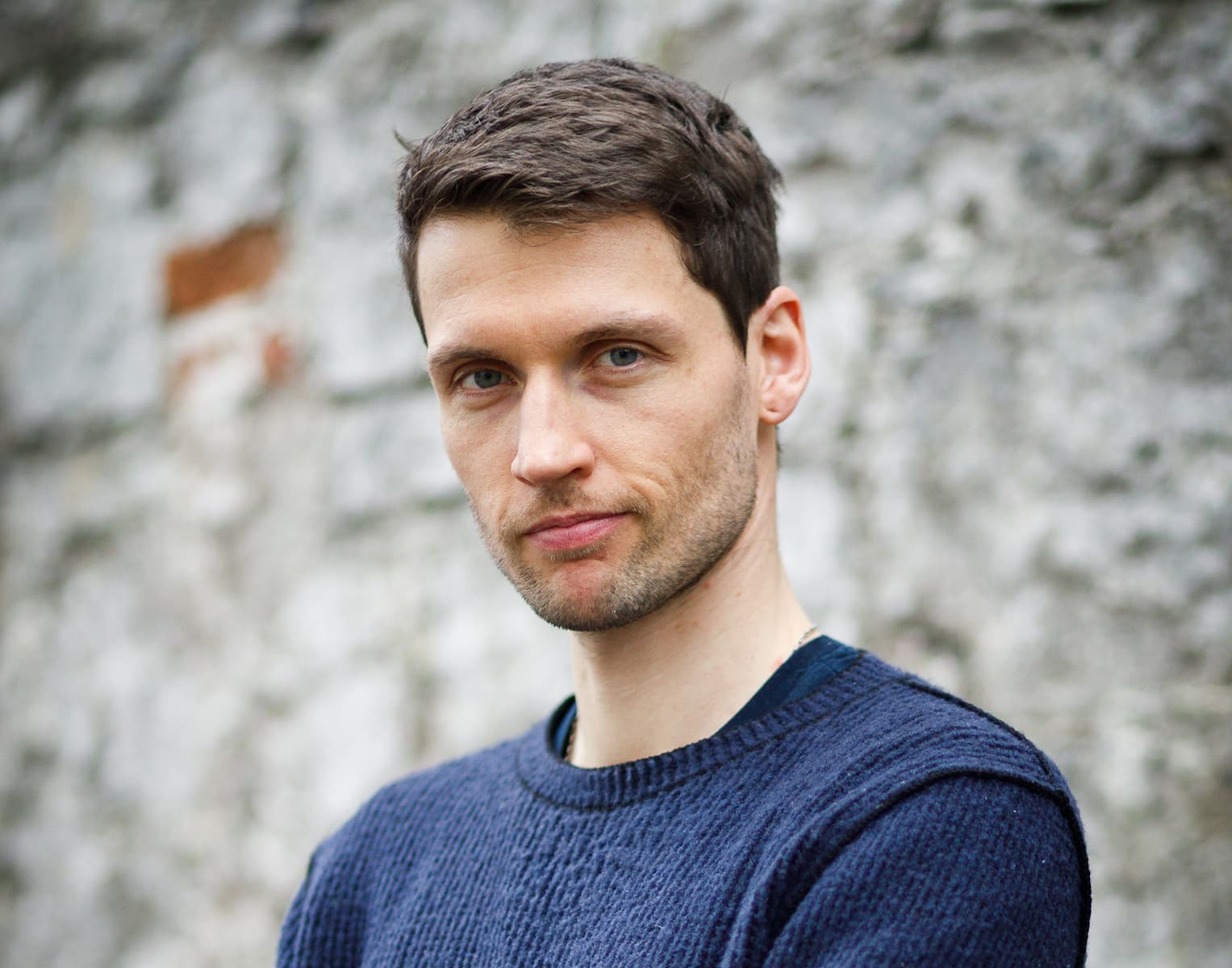
UK aquaculture startup Seastex, based in Scotland, is eyeing Ireland for expansion with its innovative solution that transforms Byssus waste – also known as mussel beards – into a new product known as seawool.
Seastex cleans and recycles the adhesive, silky filaments that mussels secrete to anchor themselves to surfaces in the ocean, commonly known as Byssus, and processes them into a low-carbon, circular, renewable, and biodegradable material.
Seastex is one of eight up-and-coming companies taking part in the BIM Innovation Studio, delivered in partnership with Hatch Blue. The intensive six-day programme provides participating companies with expert mentoring, investor readiness training, and access to Ireland’s growing aquatech ecosystem.
Traditionally considered waste, Byssus is removed and discarded during the mussel cleaning process, often ending up in landfill. Seastex has developed unique cleaning and recycling methods that turn these fibres into a natural fire-retardant, low-carbon material that is free from binders and chemicals, and entirely circular.
Founded in London in 2021, Seastex has since relocated and opened its first Byssus processing pilot facility in Glasgow, close to its partner and supplier of waste, Scottish Shellfish. The company plans to grow to over 40 employees within the next five years, aiming to make its cleaning methods and technologies available to the mussel industry by 2027.
In 2023, Ireland produced 14,700 tonnes of mussels, and Seastex is now exploring opportunities across Ireland to establish future facilities. As this waste can, over time, add value to the livelihoods of mussel farmers, any market with production comparable to Scotland’s shows strong potential.
The company first spent two years on R&D, examining every aspect of Byssus. This led to the development of a circular, low-carbon architectural acoustic panel called the ABC Panel – short for Acoustic Byssus Core Panel – designed for the construction sector. The product made its debut during the London Design Festival in 2023, showcasing Byssus’s potential as a sustainable alternative to traditional insulation materials such as mineral wool and petroleum-based products.
As its name suggests, the ABC panel features a Byssus core held within a bespoke aluminum frame upholstered with fabric. The frame includes a unique click-into-place system that allows the fabric to be stretched and tensioned into place with ease. This design enables complete refurbishment of the panels when a new owner occupies a building or when the product reaches the end of its life cycle, allowing all materials to be fully recycled.
Because no synthetic glues or bonding agents are used, the Byssus Core panels can be easily recycled by Seastex, significantly reducing their carbon footprint.
“Using a bio-based material can help transform the environmental impact of construction,” explains Sander Nevejans, Seastex founder and CEO. “Byssus can be renewed and reused time and time again when processed through our unique methods, offering a truly circular solution.”
Nevejans was inspired after watching a documentary on mussel farming, where he noticed machines cutting off the beards before grading and packaging. His curiosity about Byssus led him to the ancient Mediterranean Sea Silk, a rare Byssus fibre secreted by the Noble Pen Shell, and to explore how mussel Byssus could both revive Byssus-based materials for 21st-century applications and protect the endangered Noble Pen Shell, threatened by overfishing, seagrass decline, warming oceans, and disease.
Participation in the BIM Innovation Studio will provide Seastex with mentorship, investor connections, and industry insights to accelerate growth and support its plans for expansion.
“The Innovation Studio will give us a platform to connect with dozens of aquaculture professionals in Ireland through BIM, and globally via Hatch Blue,” says Nevejans. “It will help us better understand Ireland’s mussel sector, its waste management frameworks, and the available industry and government support for establishing a pilot facility.”
He added: “The studio also gives us the opportunity to engage with experienced aquaculture experts from around the world, who will share not only their entrepreneurial successes but, perhaps even more valuable, the lessons they’have learned from their failures.”